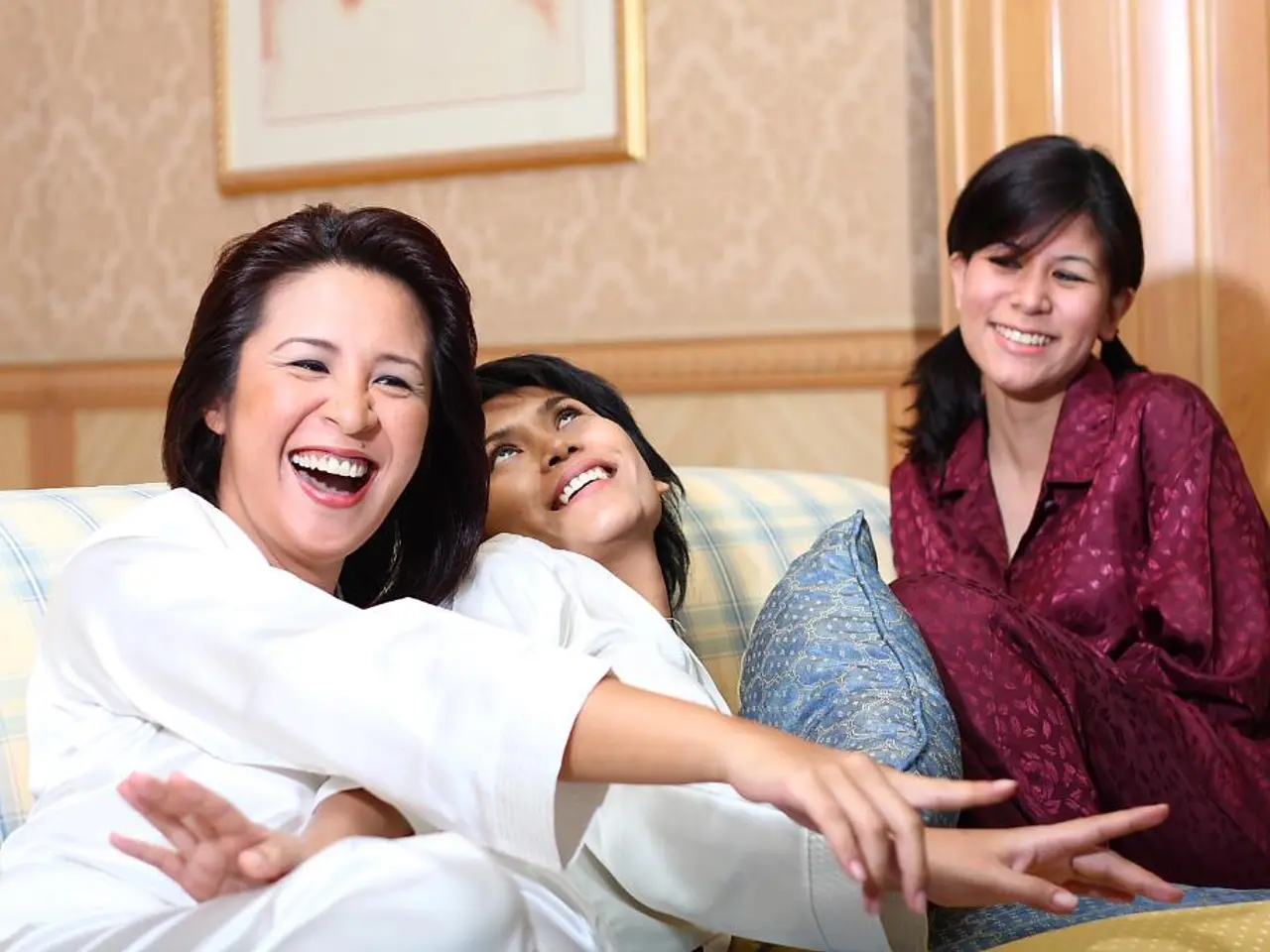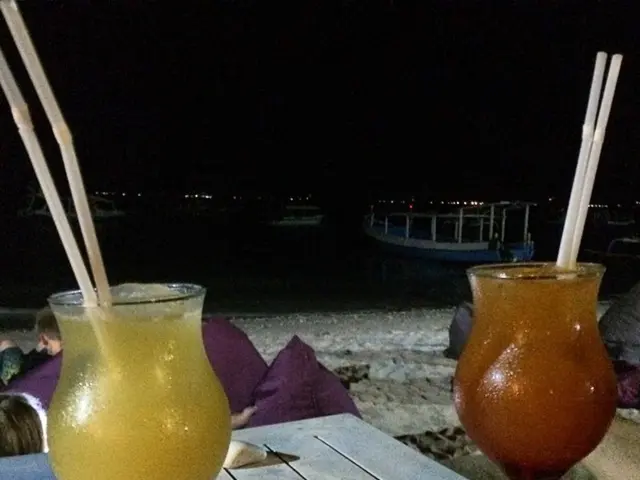"Expressions to Share"
In the vibrant world of French standup comedy, a significant influence has been wielded by comedians of Muslim background over the past two decades. These comedians have used humor as a powerful tool to address themes of identity, discrimination, religion, and social integration, bringing new voices and perspectives into the French comedy scene.
One of the pioneers in this movement was Jamel Debbouze, who, in the early 2000s, began delivering wry dispatches from the projects, like his own in Trappes on the outskirts of Paris. His sets were frank and politicized, picking apart multicultural tensions and ironies in a way that was antithetical to the republican French ethos that refuses to differentiate between citizens based on their origins.
Yassine Belattar, another prominent figure, has been ostracized for his conviction on charges of abusive behavior towards entertainment-industry colleagues. However, his sets remain frank and politicized, focusing on ethnic realities in France and challenging multicultural tensions. He is currently preparing for a new tour named "En Marge" (On the Margins).
Malik Bentalha, Le Comte de Bouderbala, and Yassine Belattar are among the many Muslim comedians who have contributed to France's thriving standup comedy scene. Malik Bentalha recently performed a sketch parodying L'Heure des Pros, a show on right-wing channel C-News. The sketch reached nearly seven million views on YouTube, demonstrating that laughter is a powerful tool to redress an imbalance of power.
Mustapha el-Atrassi, a retired French Arab comedian, was regarded as the "standups' standup" and was compared to the anarchic, US counterculture hero comedian Lenny Bruce in his fearlessness. He provided an example of how to perform with complete independence by launching his production company Chicha Productions. A generation of French Arab standups, including Redouane Bougheraba, have followed Mustapha el-Atrassi's lead and pursued autonomy.
Critics argue that as Jamel Debbouze attained mainstream recognition, he softened the ethnicity of his comedy so as not to offend French secular sensibilities, falling into the role of an Arabe de service (token Arab). However, many of the current generation of standups do this by refusing to dwell on their cultural background. Instead, they focus on universal themes, drawing audiences from all backgrounds.
Comedians from minority backgrounds in France face the additional challenge of having to safeguard their integrity in an increasingly polarised and volatile social and political landscape. French Arab standups self-publicise through Instagram, YouTube, and TikTok, reaching a wide audience and challenging mainstream TV and radio networks that often sideline Arab and Muslim standups.
The success of performers like Redouane Bougheraba, who will headline a comedy show at the Orange Velodrome stadium on June 22 with a capacity of 67,000, obscures a deep, structural problem for Arab and Muslim standups in France. A deepening rift between Arab comedians and the French media could result in their humor being ghettoised and eventually withering, according to Adrien Dénouette.
Tarik Seddak, artistic director of the comedy festival at Paris's Institute of the Arab World, says that Muslim comedians of the 1990s and early 2000s felt obliged to play on Arab cliches to be accepted by mainstream audiences. This is a stark contrast to the current generation, who refuse to be boxed in and are pushing boundaries within French popular culture.
In conclusion, French Muslim comedians over the last 20 years have helped diversify and politicize the standup scene, using humor to engage with France’s complex relationship with its Muslim population and issues of race, religion, and social justice. Their work has opened dialogue and pushed boundaries within French popular culture.
Read also:
- Today's most impactful photographic moments
- Support for Eric Adams in The Post's Letters to the Editor on August 13, 2025
- Roosting Shark and Rambunctious Red Squirrels: Unconventional House Rental in Yorkshire Involving Aquatic Marvel, Squirrely Mayhem, and Mystical Planning Regulations
- Devastated Loved Ones Recall Oasis Fan Following Fatal Mishap at Wembley Show







